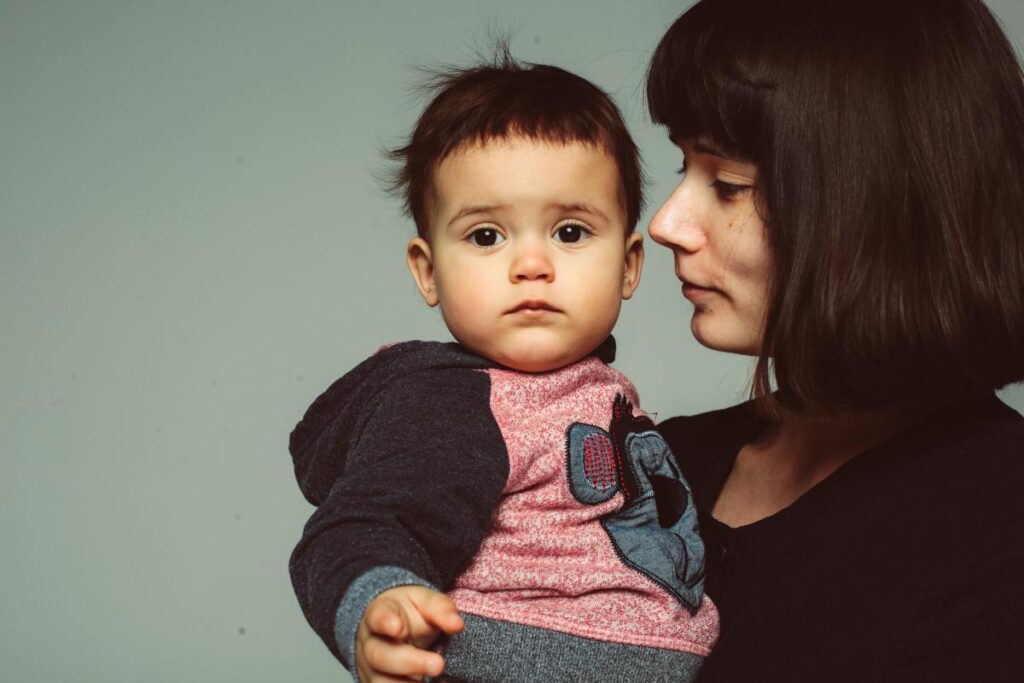Do babies remember trauma? Though there is no definitive answer to this question, research suggests that infants can remember traumatic events, leading to potentially severe future complications. For instance, childhood trauma may cause mental health issues later in life, including post-traumatic stress disorder (PTSD). Fortunately, trauma and PTSD treatment can help individuals heal and live more fulfilling lives.
Promises Behavioral Health provides compassionate treatment for those who have experienced childhood trauma. Our experienced clinicians understand how to recognize the signs and symptoms of trauma, issuing individualized plans of care that empower clients. Contact us at 844.875.5609 to learn how we can help you take control of your life.
What Is Trauma?
Trauma is a type of psychological injury that can occur after a person has experienced or witnessed a traumatic event, such as:
- An accident
- Serious illness
- Physical or sexual assault
- War or natural disaster
Long-term exposure to extreme stress or violence may also cause trauma. The effects can vary drastically from person to person; however, many people experience one or more of the following symptoms:
- Depression and anxiety
- Intrusive memories and flashbacks
- Hyperarousal (feeling on edge)
- Sleep disturbances
- Changes in behavior
Individuals who have experienced trauma are more likely to suffer from post-traumatic stress disorder (PTSD) and other emotional health issues. PTSD is an anxiety disorder that can occur following a traumatic event, resulting in intense fear, nightmares, and flashbacks. Longer-term consequences may include increased risk for substance abuse, suicidal thoughts or attempts, and physical health complications.
Do Babies Remember Trauma?
Studies show that babies can recall traumatic events, particularly those that occur during the first year of life. While they may not remember the exact details of what happened, they can retain a feeling of the experience, shaping their behavior and responses later.
Babies store memories primarily through sensory experiences such as sight, sound, smell, touch, and taste rather than cognitive processing like adults do. For example, if a baby experiences fear or distress, they may later remember the feeling associated with it more than specific details about the incident.
At What Age Do Babies Remember Trauma?
Research suggests that the brain may store traumatic memories from a very young age. Memories of these experiences can potentially resurface when triggered later in life. People may recall feelings associated with a traumatic event at any point in their lives, including during their childhood and teenage years.
There’s scientific reasoning to explain this. Trauma during infancy or early childhood may disrupt normal brain development. More specifically, neurotransmitters are released when people experience fear or anxiety. These chemicals in the brain can alter synapses and neural pathways, leading to long-term behavioral changes, emotional disturbances, and physical symptoms.
Thus, while it is difficult to ascertain whether or not a child remembers what happened during a traumatic event, there is evidence to suggest that potential memories are still present in some form. Children and teenagers may still feel the effects of trauma on their developing brains at any age.
Turn to Promises for Trauma Therapy
If your child struggles with the effects of trauma, reach out to Promises Behavioral Health. Our experienced mental health professional team provides compassionate care to help clients move forward and heal. With decades of experience, our team creates a safe, nurturing environment for individuals to explore their feelings and develop healthy coping strategies.
Promises offers trauma and PTSD treatment tailored to your unique situation. Whether it’s cognitive-behavioral therapy (CBT), dialectical behavior therapy (DBT), or a combination, our team will work closely with you to find the best approach. Take the first step on your journey towards recovery by contacting us at 844.875.5609 today.

